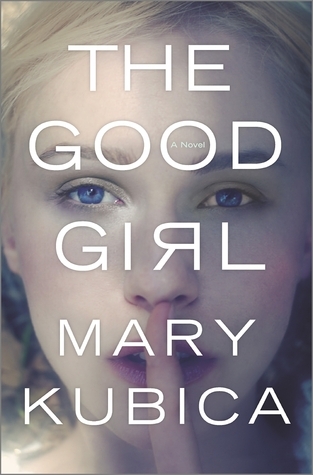What do you think?
Rate this book


352 pages, Hardcover
First published January 1, 2014

I tried to live the right way. I tried to follow the rules, but life just didn’t work out that way.

Something has happened to my daughter. Something bad. It screams at me, awakens me in the middle of the night: something has happened to Mia. I tell her we’re going outside. It’s the first time I let her out of the cabin.
She gets her period and we learn the literal interpretation for being 'on the rag'. I see the blood in a garbage bag and ask, 'What the fuck is this?' I'm sorry I ask. We collect our garbage in some white plastic bags that got left behind. From time to time we drive and drop them off in a Dumpster behind some lodge, late at night when we're certain no one will see. She asks why we don't just leave them outside. I ask if she wants to be eaten by a fucking bear.













But mostly I think of the things I didn’t do.Well, that's 10 hours of my life I'll never get back. I thought about stopping several times, but then I admitted to myself that I enjoy writing the occasional negative, catty review.